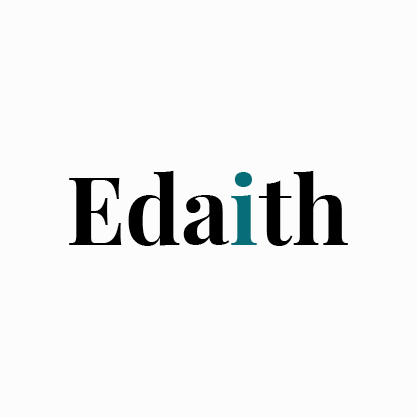From literate to oral communication
Recent analysis by journalist Eric Levitz highlights a profound cultural shift: we're witnessing the decline of deep reading and a return to oral communication patterns that mirror pre-literate societies. But unlike ancient oral cultures, today's "digital orality" operates at global scale with unprecedented selection pressures.
Only 14% of American 13-year-olds read for pleasure "almost every day" in 2023, down from 35% in 1984. Meanwhile, daily screen time continues to surge. As neuroscientist Maryanne Wolf explains, deep reading long-form texts activates complex cognitive capacities that consumption of short-form content cannot replicate.

Walter Ong's theory of orality explains what's happening. In oral cultures, information survival depends on continuous reproduction and memorability. Today's digital platforms create similar dynamics: content must be constantly shared and engaging to remain visible. Communication increasingly resembles ancient oral traditions—formulaic, memorable and tied to social context rather than abstract reasoning.
The irony is platforms enabling this hyper-oral culture are built by individuals who absorbed complex ideas through sustained reading. By those who are able to maintain towering abstractions in their heads, yet their creations systematically undermine the cognitive habits that made such thinking possible.
This creates a potential crisis of succession. If short form video content proves too compelling relative to dense technical texts, who will replace the current generation of systems builders and change makers? Building technologies for hyper-orality and our complex world requires hyper-literate professionals.
This shift highlights why we need to be more intentional about developing sustained attention skills. We need to actively pursue habits and behaviours that include long-form reading to maintain our capacity for deep thinking.
Source: Levitz, E. 2025. Are we living in a second oral age? Vox.
